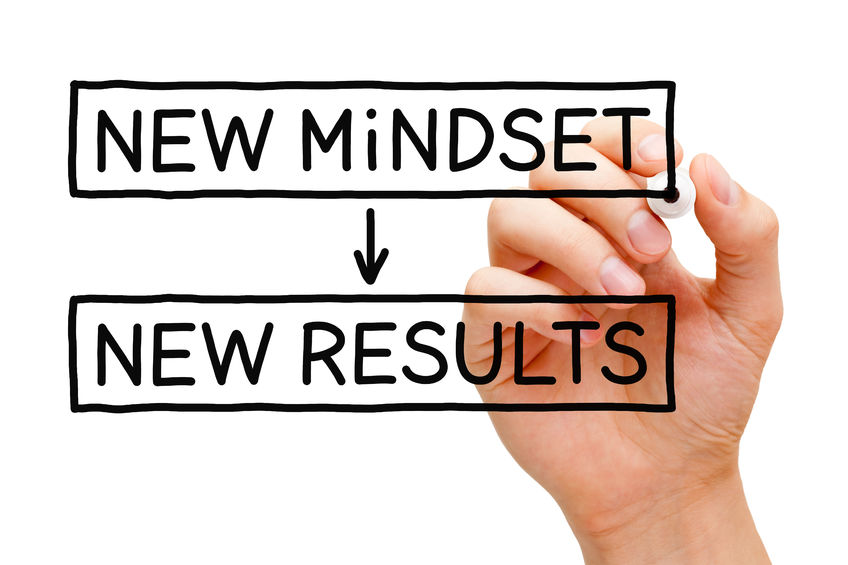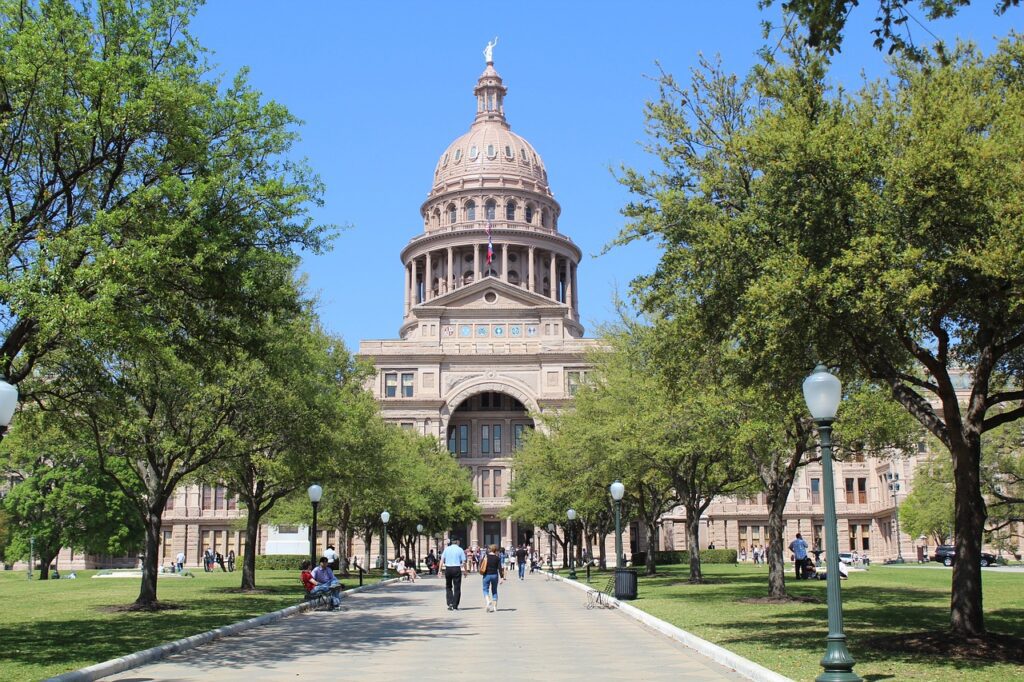In recent months I have been working hard on developing a keynote speech focused on what I see as six disciplines of a true learning mindset. So, I thought I would briefly share those disciplines here, pose some related reflection questions, and also suggest a book or two to go with each.
I’ll preface these points briefly by saying they are concerned with learning in the broadest and deepest sense. They are not about study skills, or memory tricks, or education in general. Rather, they are about what characterizes a mind that is fully prepared to learn, grow, and change in positive ways – an ability that I feel is essential for living a fulfilling, meaningful, productive life as well as for harvesting the fruits of innovation, creativity, and collaboration.
The first of the disciplines is: availability
How receptive are you to ideas and ways of thinking that are different from your own? For example, those of other political parties, religions, or cultures? Or, those of other professions or disciplines? I know that when I am truly honest with myself about this question, I am not nearly as open as I would like to believe. As a result, I miss out on learning opportunities frequently.
A great resource for this one is Jonathan Haidt’s The Righteous Mind. Howard Ross’s Everyday Bias is also excellent.
Next, belief.
What challenges or opportunities lay before you right now? Do you believe you are capable of learning what you must to tackle them? Very often when we give up, it is because we do not truly believe in our ability to learn. We may be limited by some trait of our own personality, or we may have integrated counter-productive beliefs imposed by friends, family, or society in general. I know this has been and is constant issue in my own life. As much as I believe in my abilities in many areas, there are also many areas in which I do not truly believe. What about you?
An excellent starting point for exploring this discipline is Carol Dweck’s Mindset.
Third, mindfulness.
We are often quite mindless in going about our everyday lives, simply accepting things as they are – or seem to be – without question. Woody Allen is often quoted as saying that showing up is 80 percent of life. I’d add to that by saying that paying attention is 80 percent of learning. Show up and pay attention and you will be on your way to more mindful learning. And mindfulness, by the way, is essential if you want to gauge honestly how open you are and how much you believe.
The book on mindfulness and learning is Ellen Langer’s The Power of Mindful Learning. (You may also want to listen to my Leading Learning interview with Ellen Langer.)
Fourth, connection.
Most learning is social in nature. Through interacting with others – observing, listening, telling, emulating, and countless other actions – we continually change and adapt. Collectively, we are often much better able to innovate and solve complex problems than we can alone. While learning certainly requires a great deal of independent effort, we can boost our efforts dramatically by seeking out meaningful connection with others who challenge us, provide new information and perspectives, and help us grow.
A good book for going deeper on this one is Steven Johnson’s Where Good Ideas Come From. Another is James Surowiecki’s The Wisdom of Crowds.
Fifth, courage.
Substantial learning nearly always requires some level of risk, some level of getting outside of your comfort zone. Simply embracing the imperatives I have outlined above requires a degree of fortitude. By following them, you will very often find yourself acting in ways that stand you apart from the crowd, that make both you and others uncomfortable. In the pursuit of real learning, you may even find yourself in danger at times. So, courage is essential.
I find one of the best approaches to exploring and developing courage is by reading biographies of those who have proven themselves courageous. One of my favorite sources of inspiration in this area – probably because he was such an avid lifelong learning – is Abraham Lincoln. I highly recommend Doris Kearns Goodwin’s biography of Lincoln, A Team of Rivals. Another useful resource is Brené Brown’s Daring Greatly.
Finally, patience
Real learning takes time. It takes repetition. It takes practice. Above all, it takes patience
I considered other words for this discipline. Perseverance, for example, or persistence. I settled on patience partly because I think it is the necessary foundation to both perseverance and persistence. But I was also attracted to it because of my understanding of how patience is viewed in the Buddhist tradition. In Buddhism, patience very much relates to openness, because it is associated closely with tolerance and acceptance. It is also closely associated with courage, because it is a virtue that enables you to deal with unpleasant circumstances, including fear.
Perhaps most importantly, patience is associated with self-compassion and a sense of peace, and I think these are increasingly important concepts to keep in mind when we think about learning. One of the key reactions to our current circumstances – to a world of intelligent machines and outsourcing – is to turn up the dials on education. To pressure ourselves, our employees, our organizations to learn faster. We’ve entered an age of great anxiety when it comes to learning – but anxiety is rarely a friend of learning.
I have not yet found a book to recommend on patience and learning, but I have found this article in Psychology Today useful, partly because it draws on the Buddhist perspective.
I’ll close by saying what may be obvious: all of the above requires practice. Following the disciplines – like learning itself – is a process, not a destination.
**
Photo copyright: ivelinradkov / 123RF Stock Photo





